Title FAQ’s
What is a title?
A Title is a deed. It is basically a document that confirms a particular person or company is the owner of the property.
What is title insurance?
Title insurance is an insurance policy that insures the title. Subject to the exclusions and exceptions from coverage shown on the policy, it protects the insured against encumbrances and title defects.
There are two types of title insurance policies: one is to protect the Lender and one to protect the Owner of the home. You are required to provide a policy that protects the lender; but you are encouraged to purchase an additional policy which will protect you.
What do the policies cover?
The Lender’s Policy insures the lender that it has a valid first mortgage on your property.
The Owner’s Policy insures you that you have good title to your own property.
If it is later found that there is “something wrong” with your title, the lender is protected under its insurance policy. If you have not purchased a title insurance policy of your own, you will have no protection and you may sustain a serious loss.
What is meant by “something wrong?”
“Something wrong” is usually taken to mean “title defects.” The examination of a land title and real estate closing are complicated functions. Unfortunately problems may exist, and honest human error is always a possibility. These problems can be “title defects.”
What will title insurance cost me?
The answer is “it depends.” The title insurance premium is set by the type of policy, the purchase price of the property, and the types of endorsements needed. Call us for a quote: 614-475-0144.
What are the primary responsibilities of a title company?
Perform title search
Issue title insurance policies
Perform the closing
Handle escrow requirements at closing
Disburse all the proceeds from the transaction
Confirm all encumbrances are released or cleared
Record the deed, mortgage, and other required documents
Home Cost FAQs
What are closing costs and prepaids?
Closing costs are costs that need to be paid at the time of closing, other than the down payment. They can involve escrow fees, title insurance premiums, tax proration, unpaid real estate taxes, lender fees, search fees, document preparation fees, and other items required to be paid by the lender such as property tax and insurance reserves.
How do I determine how much I can afford to pay for a home?
The best way is to work with a Realtor or mortgage broker who can help you determine what you can afford. There are many new loan programs available to help a home buyer get started.
Will property taxes be included in my mortgage payment?
A few loan programs require you to include the property taxes in your payment, but normally it is up to the borrowers to decide if they want them to be a part of the payment. When your taxes are included in your payment, the lender will hold a certain amount of money from your monthly payment in a special escrow account and will then pay your real estate taxes when they are due.
What is involved in making an offer?
To make an offer, you need to decide what you are willing to pay for the property and set out how you will pay the purchase price. There are many issues to consider such as financing, inspections, possession, zoning, covenants and restrictions. You would be well served to have an expert, such as a Realtor, help you and be there to represent you in the negotiations.
How much should I expect to put toward a down payment?
Until recently, the required down payment was 20 percent of the purchase price. However, with so many new loan programs, there are loans available for as little as nothing down. Of course, with a smaller down payment the monthly payments will be more and the interest rate may be higher. Lenders may also then require PMI.
Home Buying FAQs
What is preapproval?
Arranging preapproval is one of the smartest things a buyer can do. It involves giving your lender some personal information so they can estimate how large a loan you will qualify for. Armed with the prequalification letter, you are in a much better position to go shopping for your new property.
What does an escrow agent do?
An escrow agent is a neutral third party that brings the buyer, seller and lender together and follows their instructions. The escrow officer handles most of the money and paperwork in a real estate transaction and makes sure that everyone is in agreement before finalizing the sale or refinance.
What will title insurance cost me?
The answer is “it depends.” The title insurance premium is set by the type of policy, the purchase price of the property, and the types of endorsements needed. Call us for a quote: 614-475-0144.
How do I choose a mortgage lender?
You want a lender that offers a full range of loan programs. Most do, but there can be a wide disparity in how much they charge to put your loan together, so shop around for the best deal. Ultimately work with someone you trust.
How do I choose the right mortgage?
Work with the lender you have chosen. Don’t just think about what your circumstances are today, but look down the road three to five years—what will your income be? How long do you plan to own the property? You may find that some more creative program is right for you or that the traditional 15- or 30-year fixed rate loan is the best fit.
What is earnest money?
Earnest money is funds you deposit at the time you make an offer to show you are a serious buyer.
What are FHA and VA loans?
They are loans in which the federal government insures repayment to the lender. They normally involve purchases with a small down payment.

